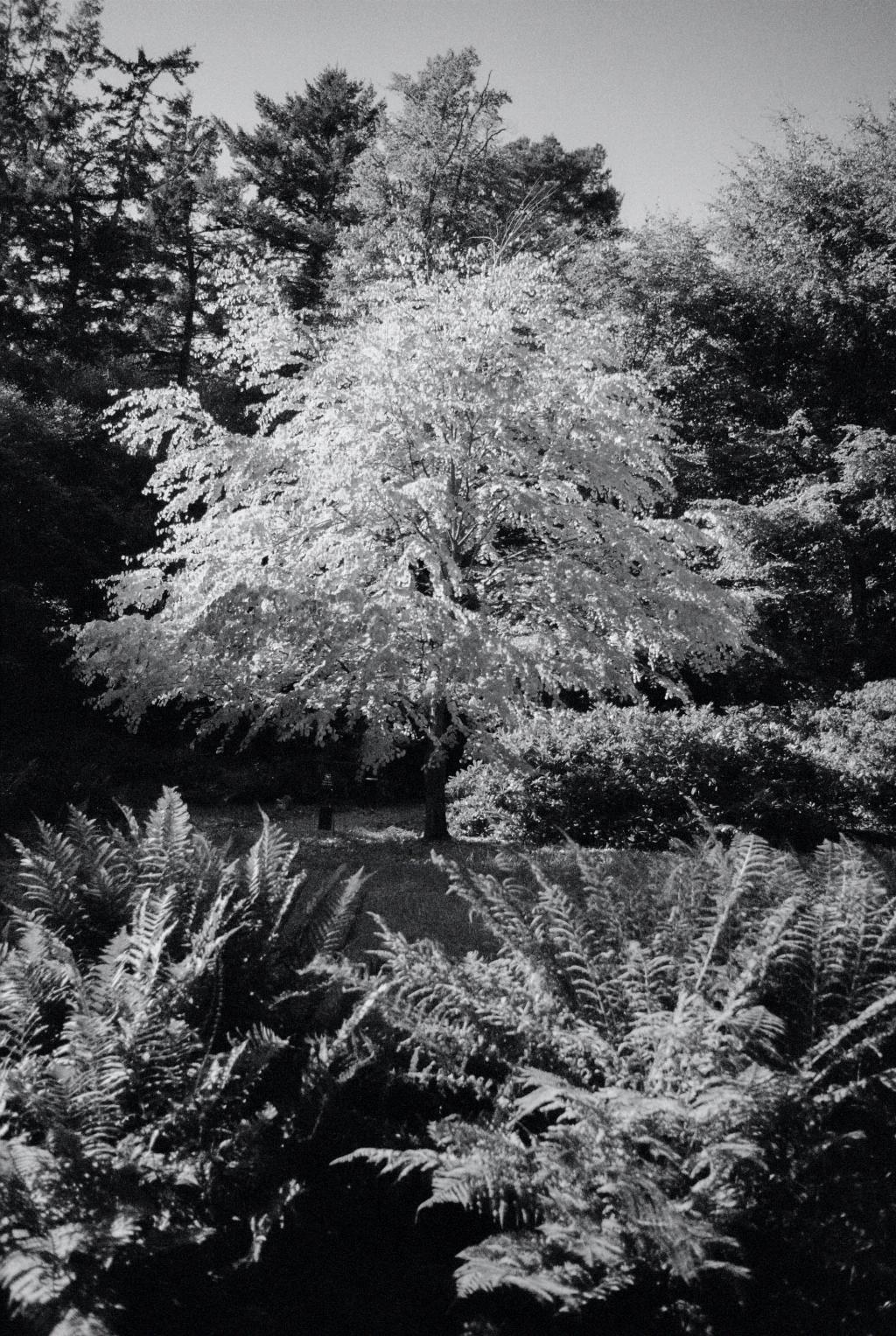Roundup, a widely used herbicide, has been praised for its effectiveness in eliminating unwanted weeds like dandelions. However, when it comes to trees and shrubs, the story may take a different turn. Understanding the impact of Roundup on these plants is crucial for ensuring the health and longevity of your greenery.
Overview of Roundup
Roundup, which contains glyphosate as its active ingredient, works by entering the plant’s system and inhibiting an enzyme that is essential for growth. Unlike some herbicides that only affect the sprayed areas, Roundup penetrates the entire plant, reaching down to the roots.
Effects of Roundup on Trees
When trees are inadvertently exposed to Roundup, it can have detrimental effects on their health. The herbicide can stunt growth, cause leaf discoloration, and even lead to tree death in severe cases. Symptoms of Roundup damage on trees may include wilting leaves, browning foliage, and overall poor vigor.
Impact on Tree Health
Roundup’s impact on tree health can be significant, especially if the concentration used is high or if the application is near the tree’s root zone. Trees weakened by Roundup exposure may become more susceptible to pests and diseases, compromising their overall vitality.
Symptoms of Tree Damage
Recognizing the signs of Roundup damage on trees is crucial for early intervention. Keep an eye out for leaf curling, yellowing, or necrosis, as these could indicate herbicide poisoning. Additionally, stunted growth and dieback are common indicators of Roundup toxicity in trees.
Effects of Roundup on Shrubs
Shrubs can also fall victim to Roundup when exposed to the herbicide. Similar to trees, shrubs may experience growth inhibition, leaf abnormalities, and overall decline in health when subjected to Roundup applications.
Impact on Shrubs’ Growth
Roundup’s effect on shrubs’ growth can impede their ability to thrive and bloom. Shrubs may exhibit stunted growth, leaf drop, and reduced flowering when exposed to Roundup, leading to a less vibrant and healthy landscape.
Signs of Damage in Shrubs
Watch for signs of Roundup damage in shrubs, such as yellowing leaves, distorted foliage, and delayed flowering. Shrubs that have been affected by Roundup may struggle to recover and may require additional care and attention to regain their vigor.
Factors Affecting Roundup’s Impact
The impact of Roundup on trees and shrubs can be influenced by various factors, including the concentration of the herbicide, application methods, and environmental conditions.
Concentration of Roundup
The concentration of Roundup used can determine the severity of its effects on trees and shrubs. Higher concentrations are more likely to cause extensive damage, whereas lower concentrations may have milder repercussions.
Application Methods
The way Roundup is applied can also affect its impact on plants. Accidental overspray or drift onto trees and shrubs can result in unintended exposure, leading to adverse effects on plant health.
Environmental Conditions
Environmental factors such as temperature, humidity, and soil moisture levels can influence the absorption and translocation of Roundup within plants. Plants under stress from adverse environmental conditions may be more susceptible to herbicide damage.
Alternatives to Roundup for Tree and Shrub Control
For those looking to avoid the risks associated with Roundup, there are alternative methods for controlling weeds and vegetation around trees and shrubs.
Organic Options
Organic herbicides, mulching, hand weeding, and vinegar solutions are eco-friendly alternatives to chemical herbicides like Roundup. These methods offer effective weed control without posing a risk to trees and shrubs.
Mechanical Removal Techniques
Using manual tools such as hoes, weed pullers, and mulching machines can help remove weeds without the need for herbicides. Mechanical removal techniques provide a more targeted approach to weed management, reducing the risk of unintentional damage to nearby trees and shrubs.
Conclusion
While Roundup is a potent herbicide for eradicating weeds, its effects on trees and shrubs can be detrimental. Understanding the signs of Roundup damage and exploring alternative weed control methods can help preserve the health and beauty of your landscape without risking harm to your valuable greenery.

